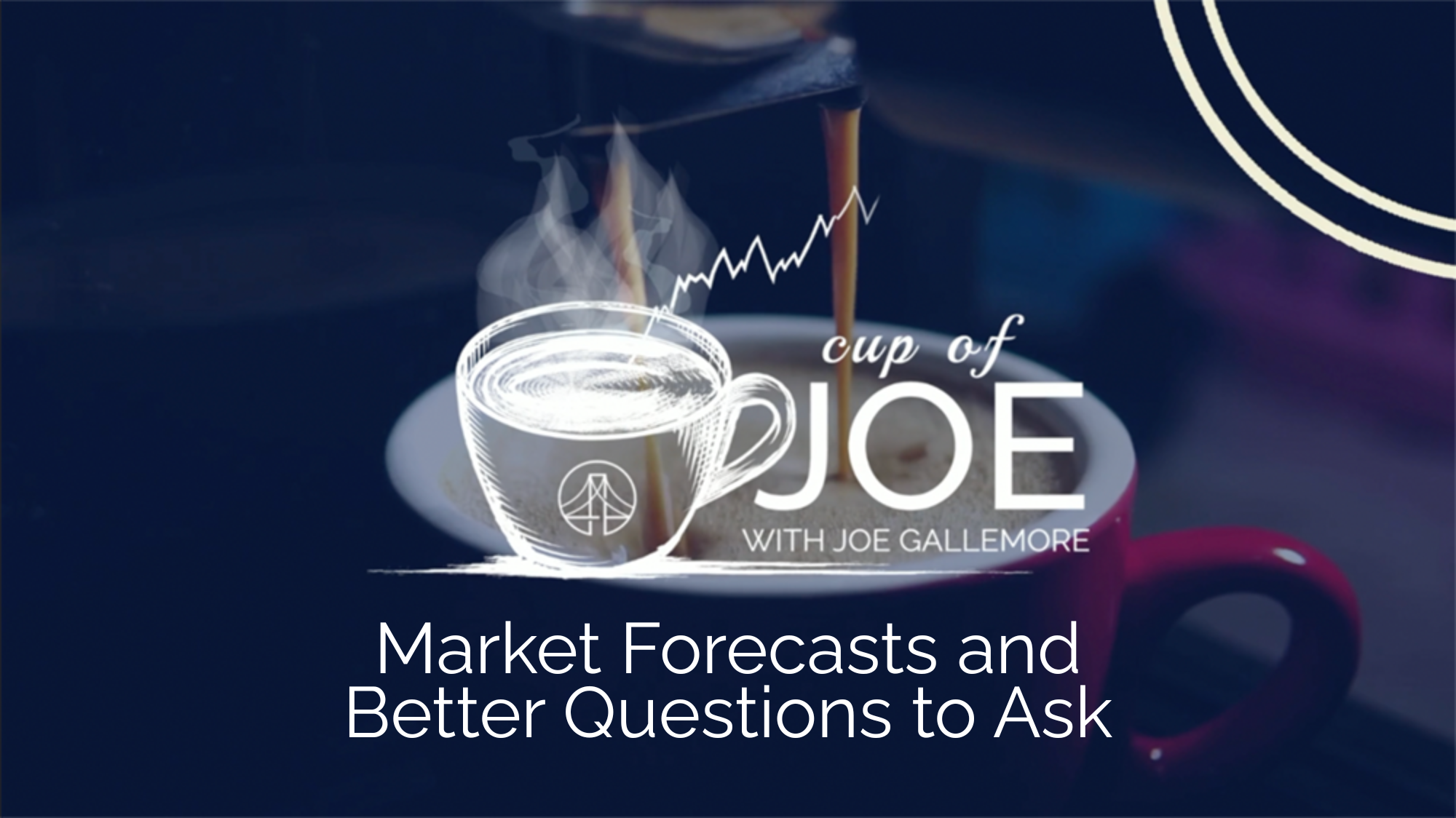This global pandemic has made many people worry about the implications it will have on investing. The stock market is creating huge opportunities for investment right now, but it is normal to feel less than confident if you are just starting to invest. Let’s look at the best and worst-case scenarios for investing in the market right now.
Investing Strategy
This coronavirus pandemic has already damaged many businesses. Every business should have a plan for how this will affect them in worst-case and best-case scenarios. There are several factors that end-markets and companies need to consider. Such as:
- Degree of impact/benefit to core business operations
- Time
- Cash and/or access to capital
- The potential impact of government bailouts
- Population acceptance/adherence to somewhat authoritarian measures
- Acquisition potential
- Collateral damage from unexpected financial collapses
While many are tiring of the social distancing rules and masks, it is important to remember that the top priority here is to prevent the spread of the virus, which ensures the healthcare system can adequately handle the surge in patients that are at a higher risk. If citizens refuse to adhere to the precautionary measures, the healthcare system will become overwhelmed and the economic costs will become much larger.
[Related: Investing Your Inheritance]
Best-Case Scenario for Investing in the Market
The best-case scenario is that people follow the guidelines. Healthcare organizations can easily adapt and give care to those in need. Supply chains continue to run effectively. Small businesses continue to offer curbside pickup and delivery options. The stock market will stay open and begin to factor in the above information and begin to stabilize and recover. Businesses, consumers, and investors will regain their confidence and continue as normal.
On the Other Hand
If the above fails to play out perfectly, it won’t necessarily be chaotic. If too many people refuse to follow guidelines, the virus will spread, and extreme measures will remain in effect. This means more businesses will be hurt. More people get sick, there’s a greater loss of life, it’s harder to get essential goods and services, and the economy takes longer to recover. It could be worse, but this is still not ideal.
[Related: ESG Investing]
Investing in the Market: Implications
Honestly, there just isn’t a lot of incentive to rush out and buy large portions of stocks right now. There is still a lot of uncertainty. However, starting to take small positions and/or add to existing positions makes sense if you have a long-time horizon. There are some basic investing implications that you should consider.
- Unless you have a longer time horizon and are confident in a successful bailout, it is not the time to buy hospitality, airlines, travel, retail, or restaurant stocks.
- Energy and alternative energy are also tough to justify right now.
- Grocery chains and consumer staples will likely outperform, making them relatively safe.
- Certain cloud software stocks and cloud infrastructure stocks could rebound and perform relatively well due to their ability to support work-from-home.
- Medical device, supply, and biotech stocks with select exposure do well.
- Certain online and internet businesses outperform for obvious reasons.
What You Can Do
Right now, it’s best to be calm, and patient. Look for opportunities to reduce exposure to stocks that aren’t likely to work. Start slowly building a position in those that are more likely to perform well. Think about the future. Look beyond the next week or even the next month. Pay attention and watch for opportunities to arise. It may be difficult to recognize them and act accordingly, but a financial advisor can help steer you on the right course.
Schedule a Consultation With Our Advisors in Northern Virginia
If you are ready to take advantage of the opportunities that will arise, but want help navigating these rough water, please contact our office online or call (833) 568-4900 today. Our experienced professionals can help you spot early-stage growth stocks and can strive to help you spot potentially early-stage growth stocks.
.




